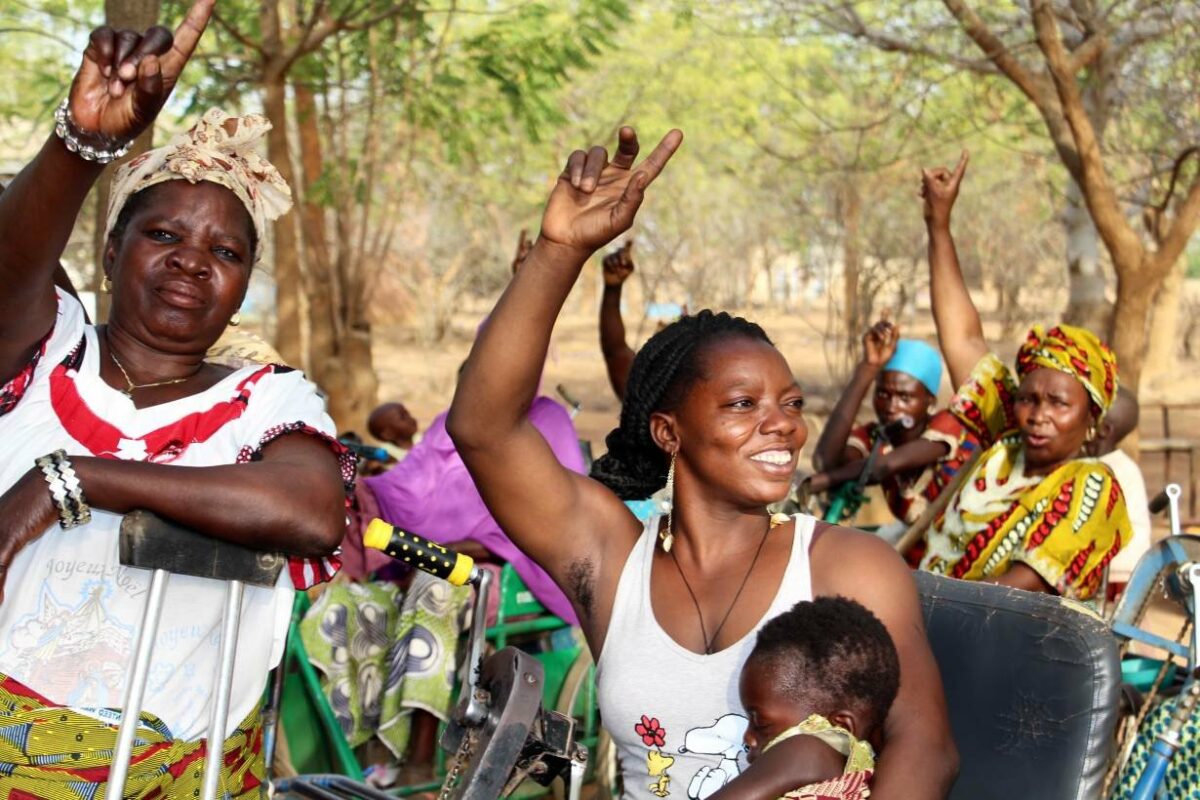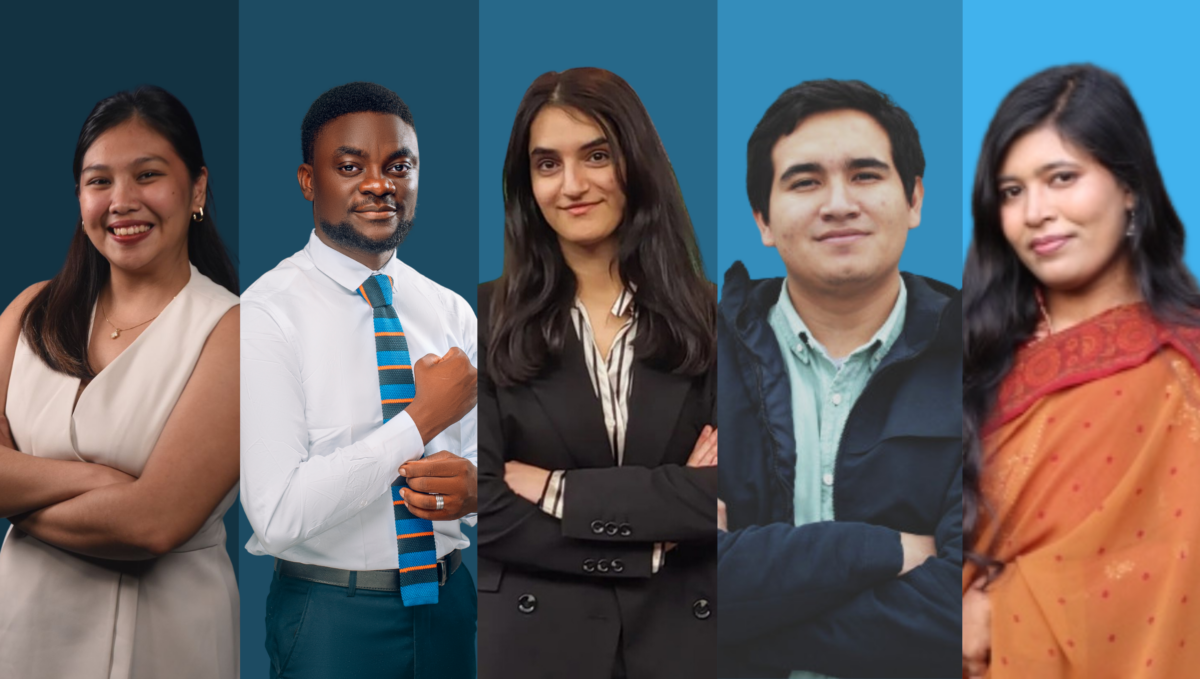To read this issue in its original format, click here.
Dear Colleagues,
Throughout the month of June, the Consortium for Elections and Political Process Strengthening (CEPPS) celebrates Global Pride and recognizes the contributions of lesbian, gay, bisexual, transgender, queer, and intersex+ (LGBTQI+) individuals and communities around the world. Under the United States Agency for International Development’s (USAID) Democratic Elections and Political Processes (DEPP) cooperative agreement, promoting the inclusion of marginalized groups, including LGBTQI+ individuals, is a cross-cutting priority which touches all programming.
CEPPS proudly commits to amplifying the voices of LGBTQI+ individuals and supporting our local partners to advance equality and human rights while working to ensure that all people can meaningfully engage in political and public life.
For more on CEPPS’s inclusion work, visit cepps.org/inclusion.
Sincerely,
The CEPPS Team
Democracy is most likely to take an enduring form when all members of a society are free to participate in influencing political outcomes without encountering barriers and free of discrimination or fear of reprisal. In many countries, however, large portions of the population are excluded from public life because of their sexual orientation and/or gender identity. Discriminatory laws around the world, including bans on homosexuality which are punishable by imprisonment or death in at least 68 countries, and repressive gender and cultural norms frequently prevent LGBTQI+ individuals from voting, running for elected office, engaging with their representatives, joining political parties, advocating for their priorities, and participating in public life. Overt legal barriers and pervasive societal discrimination often restrict LGBTQI+ individuals from accessing basic services and create an environment of fear, isolation, and harassment or violence by the state, their communities, and even their families. While each local context differs, these common threats routinely prevent LGBTQI+ individuals from fully exercising their basic rights as citizens and from participating in public life.
Exclusionary legal frameworks targeting LGBTQI+ individuals and communities have broad implications for democratic development. There is a growing recognition that restrictive laws on same-sex activity, such as so-called “homosexual propaganda” or “foreign agent laws”, may be used by governments in closed or closing spaces to more broadly silence civil society or opposition parties. Discriminatory laws and practices targeting LGBTQI+ populations not only send a stark message to marginalized communities, but often act as a bellwether for larger democratization challenges including greater restrictions on citizens overall.
As a wave of anti-gender and anti-LGBTQI+ policies rises, CEPPS partners remain committed to leveraging their technical expertise and established relationships to expand political space for LGBTQI+ individuals. By working with trusted local partners to safely and effectively design context-specific programming, advancing LGBTQI+ equality is integral to the consortium’s inclusive democracy and governance work to promote an expansion of citizen participation, build more representative democratic institutions, and mitigate conflict and instability.
Don’t miss the video series, Democracy! The Readout, created by CEPPS with support from USAID. Each episode in this digital series captures first-hand accounts from some of the most seasoned experts in the field as they pursue democracy. The Readout is developed in partnership with CEPPS core partners including, the International Foundation for Electoral Systems (IFES), the International Republican Institute (IRI), and the National Democratic Institute (NDI), and features many of the consortium’s treasured partners at home in their own neighborhoods, as they tackle real-life problems and strive to secure more democratic processes for all. Follow CEPPSTV on YouTube to never miss an episode!
In 2024, a record number of elections will take place around the world. During this pivotal moment for democracies, and in recognition of World Press Freedom Day, CEPPS hosted a virtual discussion to explore the challenges facing young people working to ensure freedom of the press and expression. This event highlighted three young activists from Sri Lanka, Ecuador, and Nepal and their efforts promoting freedom of the press and combating disinformation.
Watch the panel discussion to hear more about the challenges they’re facing and what they’re doing to protect press freedom:
In May, CEPPS hosted the second Annual Learning Forum which featured democracy, rights and governance experts from the consortium’s core partners IFES, IRI and NDI, plus CEPPS senior technical partners the American Bar Association Rule of Law Initiative, the Center for International Private Enterprise, Democracy Arch, and Internews. Presentations also featured collaborators from USAID’s Anti-Corruption Center, the Brookings Institution and DevLab@Penn.
The presentations this year focused on key principles for effective EMB-political party communication and research focused on strategies for combatting corruption and kleptocracy. Each panel featured a dynamic deep dive on the research and its links to the DEPP Learning Agenda followed by discussions with subject matter experts on the implications of the findings for policy and practice.
Did you miss a session? Catch up anytime on CEPPSTV.


